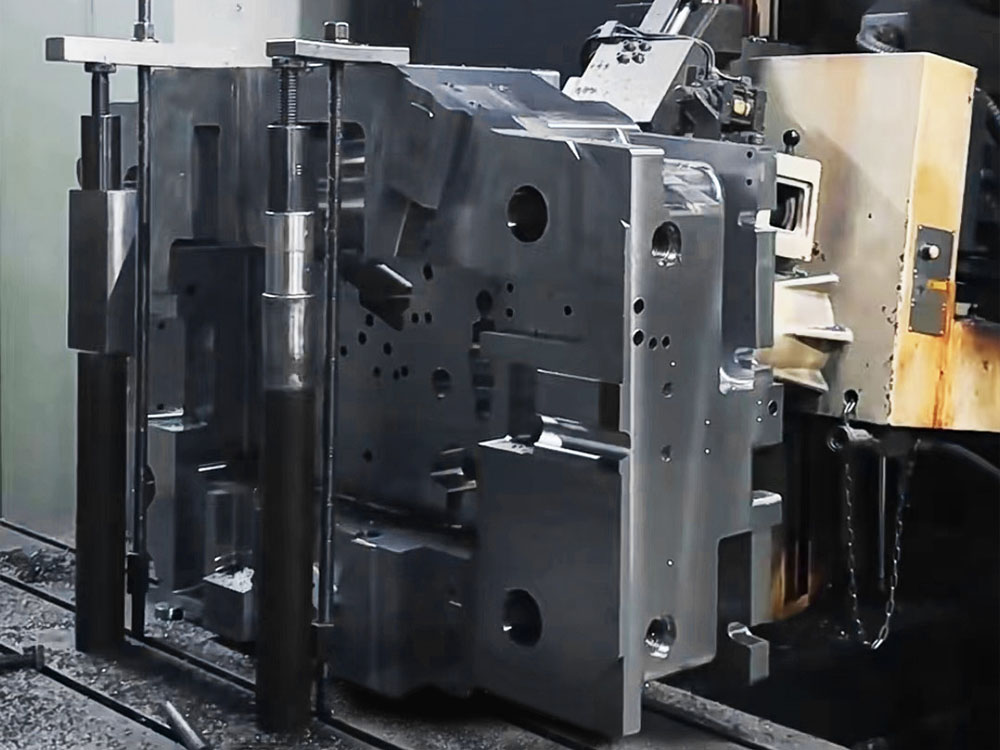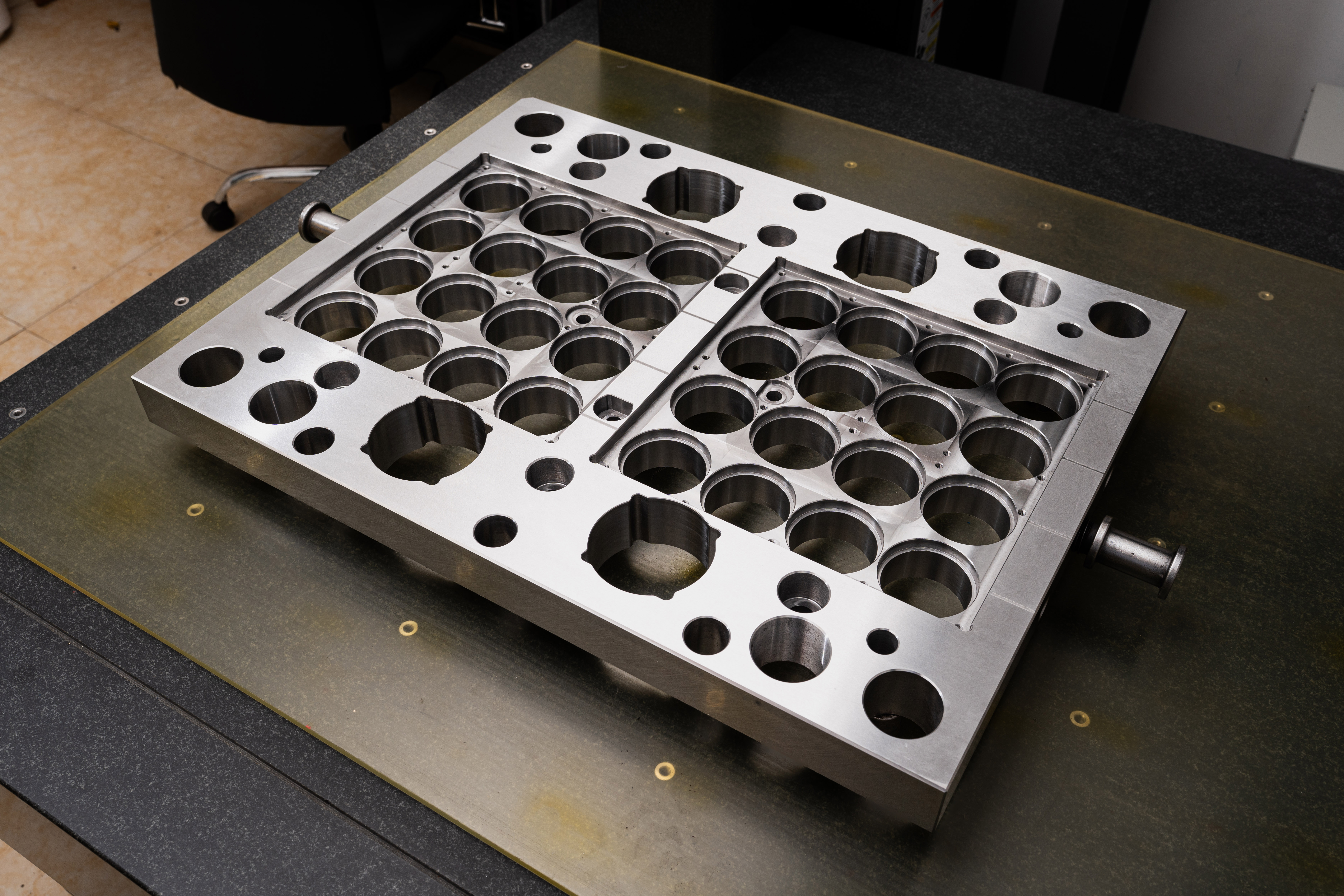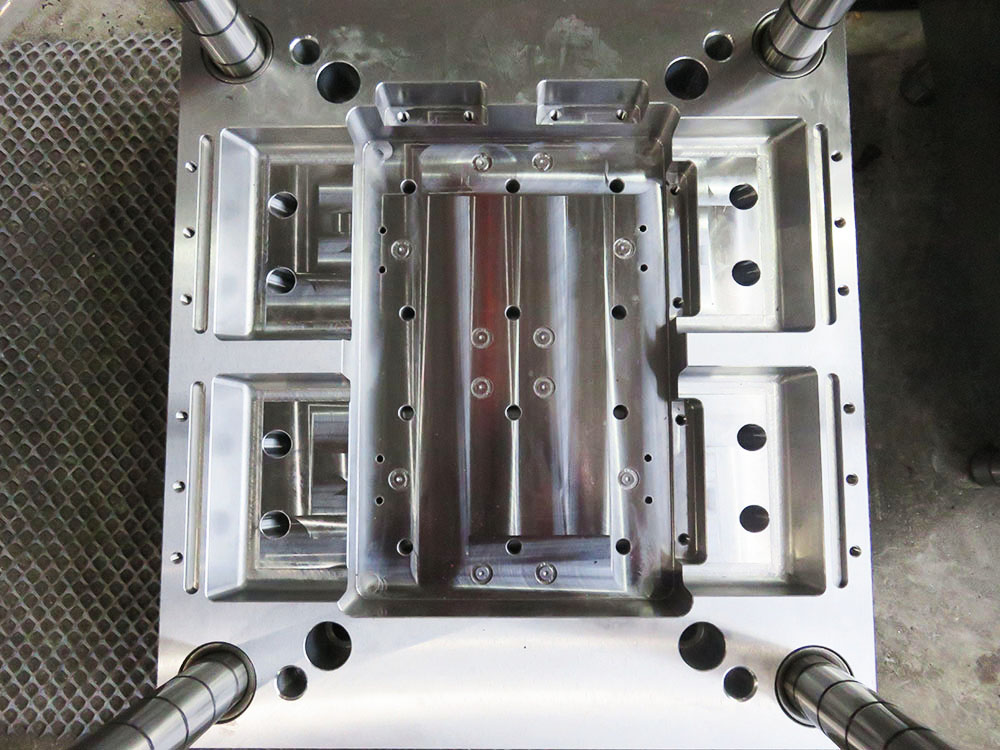The Outlook for the Mold Base Industry: A Perspective from Zhihu
Modular construction has gained increasing attention in recent years due to its numerous advantages, including cost-effectiveness, time reduction, and sustainability. As one of the integral components in this construction method, the mold base industry plays a crucial role in shaping the prospects. This article aims to provide a comprehensive outlook on the mold base industry, drawing insights from Zhihu's perspectives.
1. Growing Demand for Customization
Customers increasingly prefer customized solutions that align with their specific project requirements. This trend is mirrored in the mold base industry, where companies strive to provide tailored products and services. Thanks to modular construction, the demand for versatile mold bases that can be easily assembled and disassembled has soared. To meet these requirements, manufacturers have been investing in advanced technologies such as computer-aided design and manufacturing (CAD/CAM) systems, enabling efficient customization processes.
2. Digitalization and Automation
With the rapid advancements in technology, the mold base industry is experiencing a digital transformation. The integration of automation processes in mold base manufacturing has brought about significant improvements in terms of precision, speed, and quality control. Zhihu contributors have expressed optimism towards the application of artificial intelligence (AI) and robotics in mold base production, which can streamline operations and enhance overall productivity.
3. Focus on Material Innovations
One of the key factors driving the future of the mold base industry is the development of innovative materials. Zhihu discussions highlight the importance of materials that exhibit high strength, durability, and resistance to wear and corrosion. Traditional materials like steel are being gradually replaced by advanced alloys and composites. These new materials not only offer improved performance but also contribute to the overall sustainability of modular construction by reducing energy consumption and environmental impact.
4. Collaboration and Partnerships
The mold base industry has witnessed increased collaboration between manufacturers, designers, and construction companies. Zhihu experts emphasize the need for seamless integration and cooperation in order to optimize the modular construction process. By forming strategic partnerships, companies can leverage each other's expertise and resources to develop innovative mold base solutions. These collaborations also foster knowledge exchange and promote industry-wide standardization, ultimately benefiting the entire supply chain.
5. Regulatory Landscape
As with any industry, the mold base sector is subject to regulations and standards. Zhihu contributors discuss the importance of complying with international quality standards and certifications in order to gain credibility and competitive advantage. The mold base industry needs to adapt to evolving regulations and stay updated with the latest technological advancements to meet the changing needs of the construction sector.
Conclusion
The mold base industry is poised for a promising future within the context of modular construction. The growing demand for customization, combined with digitalization, material innovations, and collaborative efforts, contribute to a positive outlook. As technology continues to advance and regulations evolve, mold base manufacturers will play a vital role in shaping the sustainable and efficient construction methods of tomorrow.




